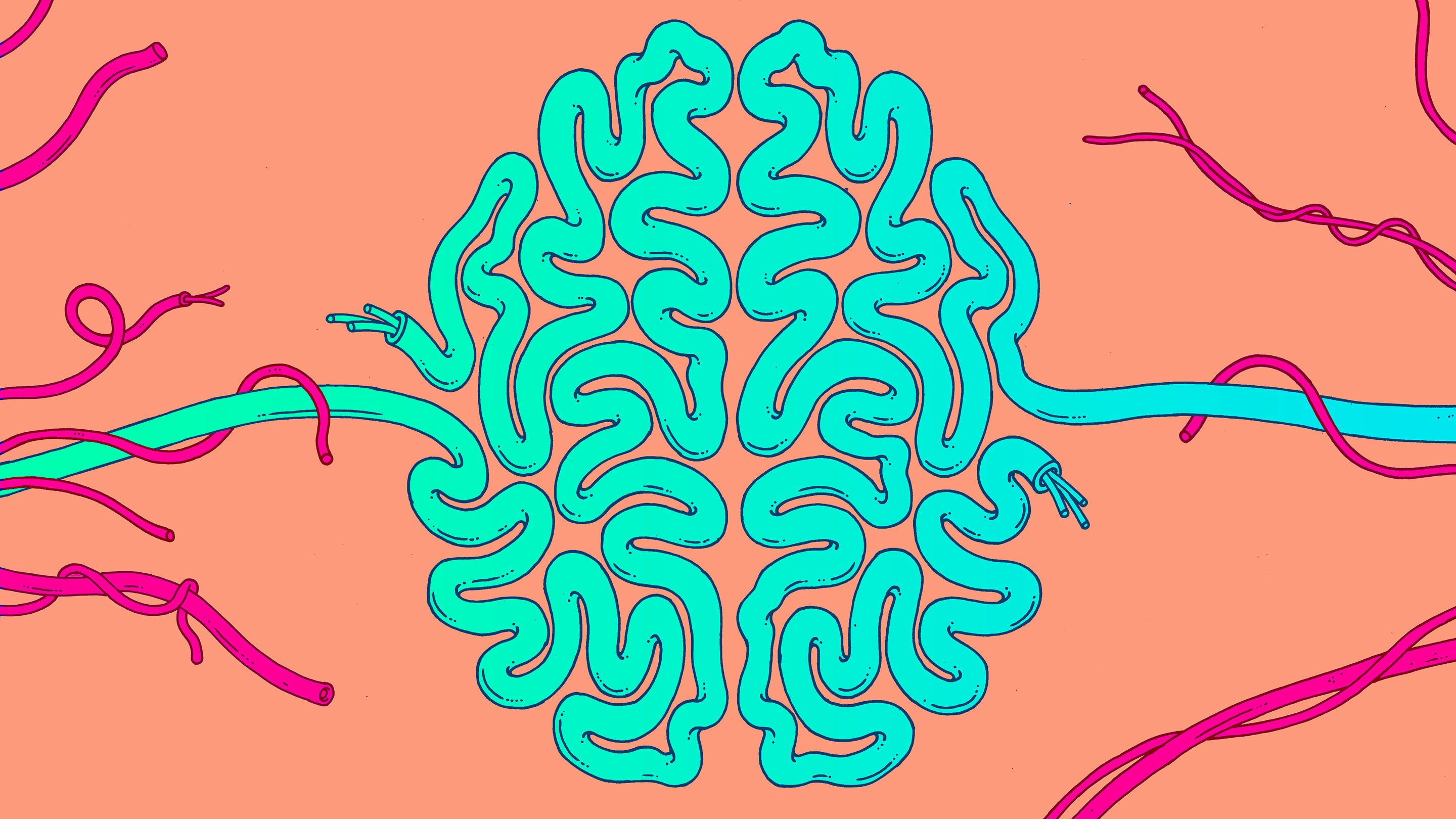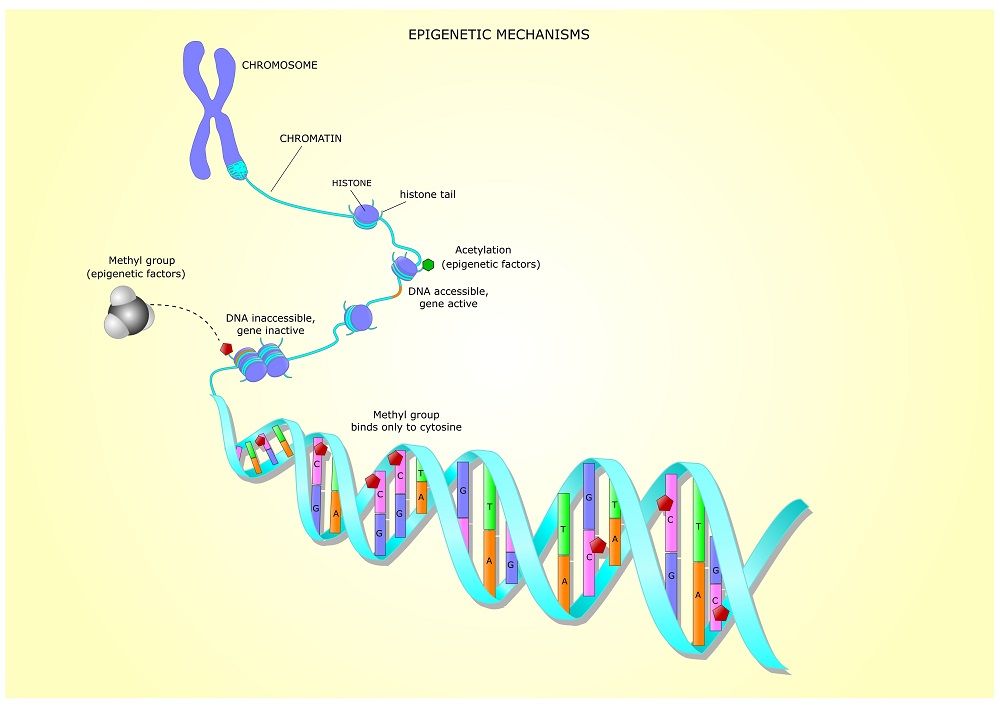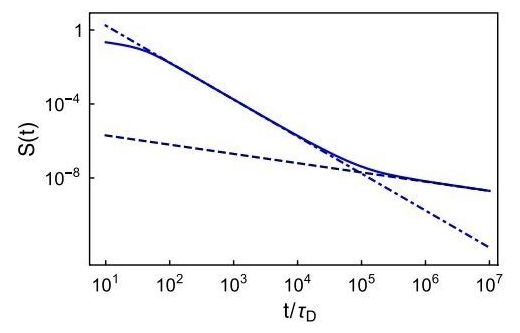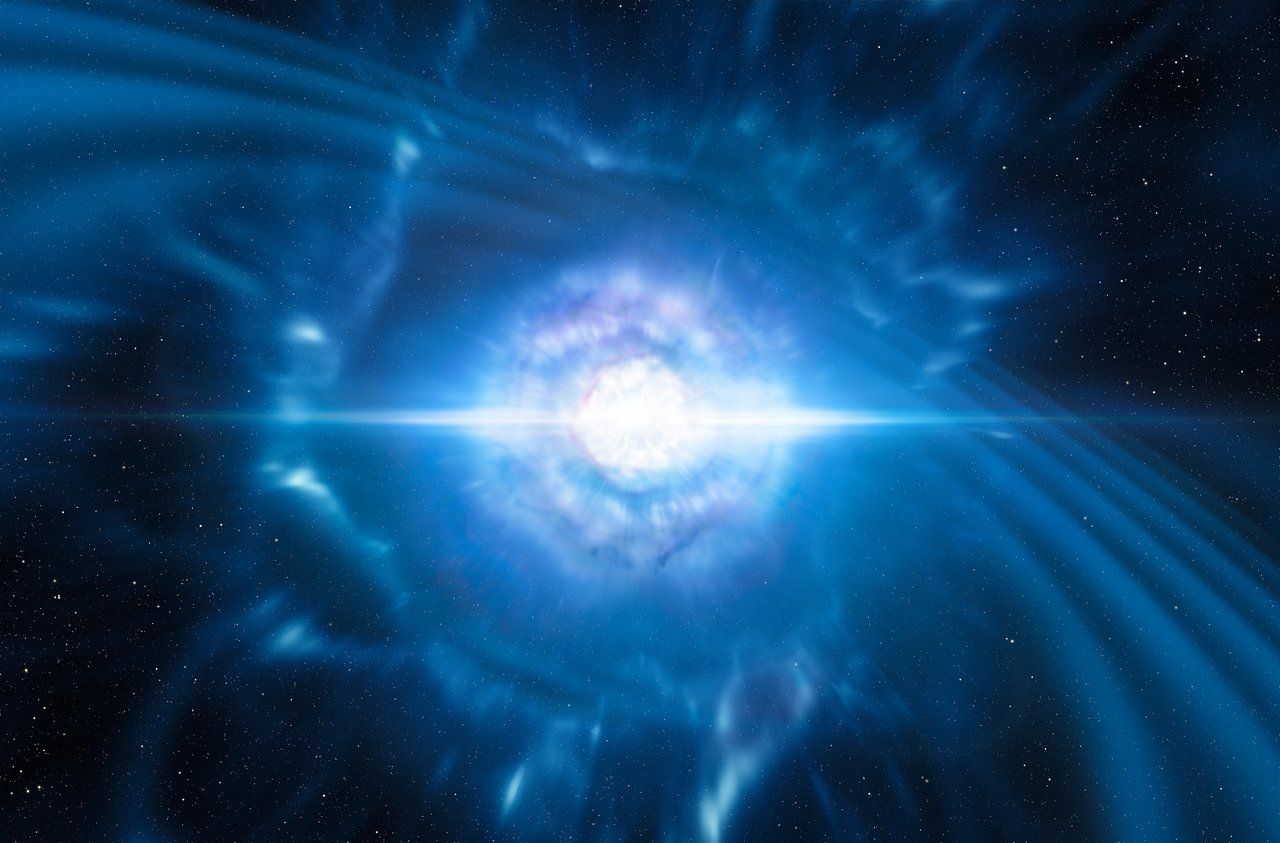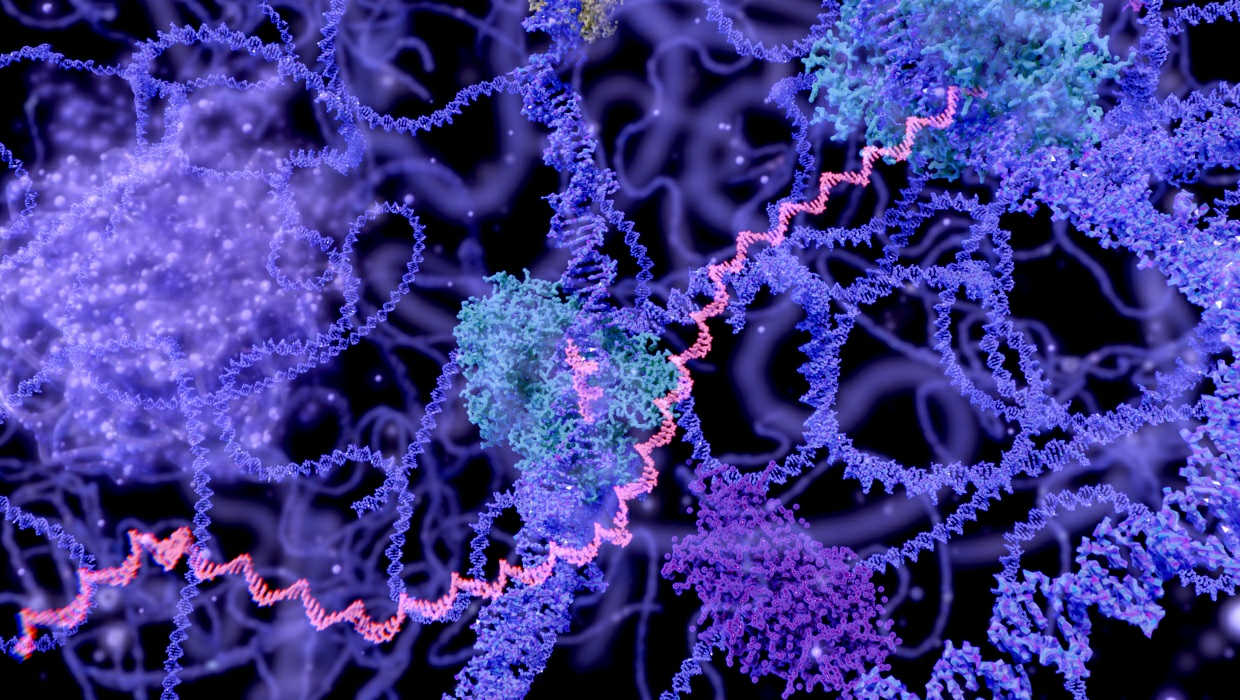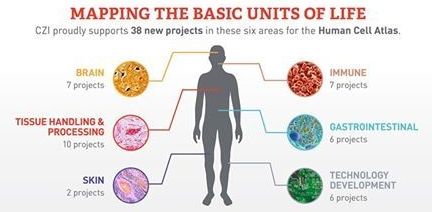Page 9175
Oct 17, 2017
Bigelow Aerospace and United Launch Alliance Announce Agreement to Place a B330 Habitat in Low Lunar Orbit
Posted by Montie Adkins in categories: business, habitats, space travel
Las Vegas, NV and Centennial, Colo. (Oct. 17, 2017) – Bigelow Aerospace and United Launch Alliance (ULA) are working together to launch a B330 expandable module on ULA’s Vulcan launch vehicle. The launch would place a B330 outfitted module in Low Lunar Orbit by the end of 2022 to serve as a lunar depot.
“We are excited to work with ULA on this lunar depot project,” said Robert Bigelow, president of Bigelow Aerospace. “Our lunar depot plan is a strong complement to other plans intended to eventually put people on Mars. It will provide NASA and America with an exciting and financially practical success opportunity that can be accomplished in the short term. This lunar depot could be deployed easily by 2022 to support the nation’s re-energized plans for returning to the Moon.
”This commercial lunar depot would provide anchorage for significant lunar business development in addition to offering NASA and other governments the Moon as a new exciting location to conduct long-term exploration and astronaut training.”
Oct 17, 2017
Steve Hill shares his #IAmTheLifespan story for Longevity Month
Posted by Steve Hill in category: life extension
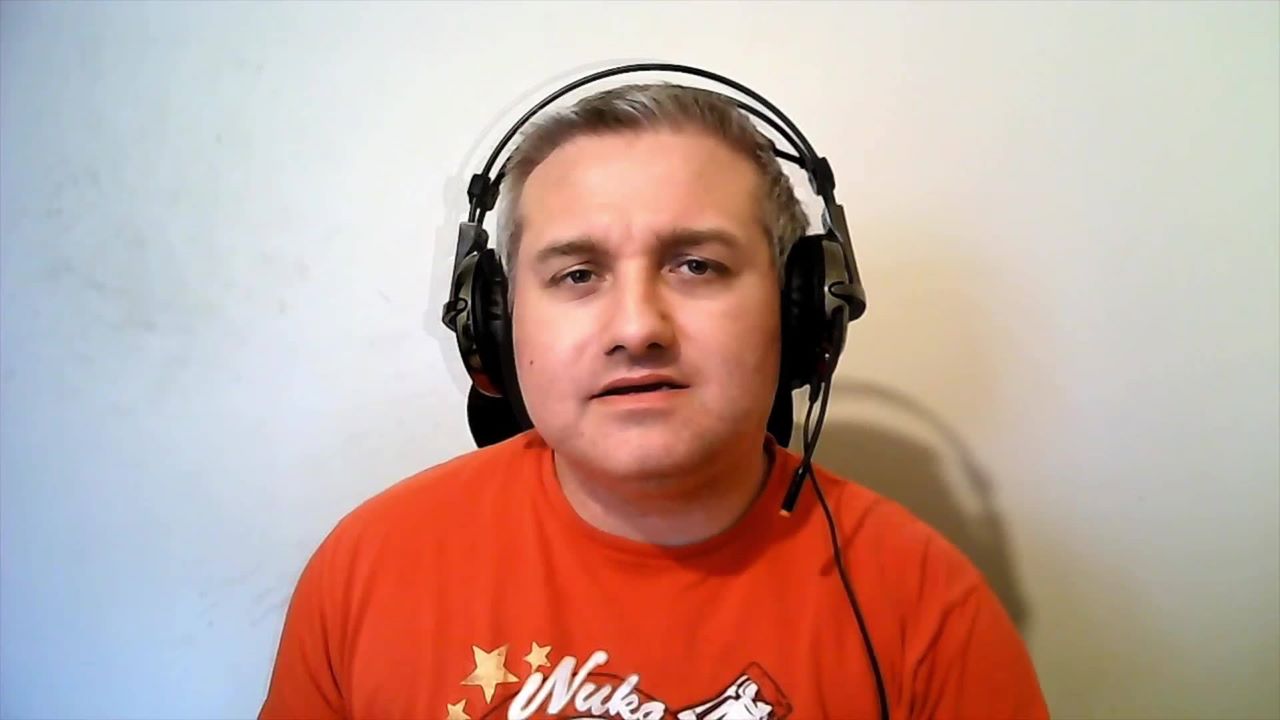
We want to hear your story too!
https://www.leafscience.org/longevity-month-2017-tell-us-your-story/
Oct 17, 2017
Hallmarks of Aging: Epigenetic Alterations
Posted by Steve Hill in categories: biotech/medical, genetics, life extension
This is the second part of our ongoing series of articles that discuss the Hallmarks of Aging. Published in 2013, the paper divides aging into a number of distinct categories (“hallmarks”) of damage to explain how the aging process works and how it causes age-related diseases[1].
Today, we will be looking at one of the primary hallmarks, epigenetic alterations.
Oct 17, 2017
Violation of the exponential decay law discovered in open quantum systems
Posted by Saúl Morales Rodriguéz in categories: particle physics, quantum physics
(Phys.org)—Ever since the early days of quantum mechanics, the decay dynamics of unstable quantum systems has been thought to follow an exponential decay law, just like the one used to describe radioactive decay and many other natural processes. The exponential law in the quantum domain was originally proposed by George Gamow and later developed by Eugene Wigner and Victor Weisskopf. According to this law, when given a sample of unstable atoms, the number of those that are likely to decay during a brief period of time is proportional to the number of atoms present.
In the years since then, however, physicists have found that deviations from the exponential law can occur in unstable quantum systems, but only in those that are isolated from the external environment. This is because isolated systems are free from environmental decoherence, which makes it possible for the quantum decay products to reconstruct themselves back into their initial, pre-decayed states. Consequently, the decay is initially slower than that predicted by the exponential law, and in the later stages, the decay often exhibits a power-law behavior. Researchers have previously shown that this nonexponential decay can be harnessed for quantum control.
Now in a new study, physicists have theoretically shown that quantum decay processes can deviate from the exponential decay law not only when the system is isolated, but even when it is in contact with the external environment. The results suggest that an unstable quantum system can decay and subsequently return to its original state, even in the presence of environmental decoherence.
Oct 17, 2017
Neutron star smashup seen for first time, ‘transforms’ understanding of Universe
Posted by Saúl Morales Rodriguéz in category: space
For the first time, scientists have witnessed the cataclysmic crash of two ultra-dense neutron stars in a galaxy far away, and concluded that such impacts forged at least half the gold in the Universe.
Shockwaves and light flashes from the collision travelled some 130 million light-years to be captured by Earthly detectors on August 17, excited teams revealed at press conferences held around the globe on Monday as a dozen related science papers were published in top academic journals.
“We witnessed history unfolding in front of our eyes: two neutron stars drawing closer, closer… turning faster and faster around each other, then colliding and scattering debris all over the place,” co-discoverer Benoit Mours of France’s CNRS research institute told AFP.
Oct 17, 2017
China to build giant facial recognition database to identify any citizen within seconds
Posted by Derick Lee in categories: robotics/AI, security
However, some researchers said it was unclear when the system would be completed, as the development was encountering many difficulties due to the technical limits of facial recognition technology and the large population base.
Project aims to achieve an accuracy rate of 90 per cent but faces formidable technological hurdles and concerns about security.
PUBLISHED : Thursday, 12 October, 2017, 9:01pm.
Oct 17, 2017
The Epigenome in Cancer and Disease
Posted by Brady Hartman in categories: biotech/medical, genetics, life extension
Describes the epigenetic role in aging, cancer and disease as well as drugs that are targeting the epigenome.
Our epigenome plays a role in aging and also in diseases like cancer and diabetes. Scientists have developed epigenome-targeting cancer drugs.
